|
|
|
|
Nau mai haere mai - welcome to your New Zealand newsletter and life without COVID-19.
On Monday, New Zealand hit the historic milestone of zero active cases and lifted almost all restrictions. But it is a cautious celebration. While the pandemic continues to spread elsewhere, the challenge of keeping the virus out remains. University of Otago public health experts Michael Baker and Nick Wilson, who both helped shape New Zealand’s COVID-19 response, explain why we should wear face masks in some circumstances and need to keep improving contact tracing - and they argue it’s time to overhaul a fragmented health system and set up a national health agency to lead on disease control and prevention.
Protests against systemic racism and police violence are sweeping the globe, highlighting the intersection between two pandemics: COVID-19 and racism. In New Zealand, thousands marched in solidarity with those protesting George Floyd’s killing in Minneapolis, but AUT social justice researchers Katey Thom and Khylee Quince ask why the well-documented police bias against Māori and other minorities hasn’t mobilised New Zealanders in the same way.
Pacific Island nations have largely avoided the worst health effects of COVID-19, but its economic impact has been devastating. Massey University development experts Regina Scheyvens and Apisalome Movono argue the Pacific should be included in the proposed trans-Tasman travel corridor, given that the economies of many Pacific countries depend largely on tourists from New Zealand and Australia.
You’ll find much more to read in this newsletter and on The Conversation’s New Zealand page. If you value hearing directly from leading experts, please consider becoming a supporter of The Conversation Australia and New Zealand. At a time of so much uncertainty, your support makes a real difference. Many thanks for reading. Noho ora mai.
|
Veronika Meduna
New Zealand Editor: Science, Health + Environment
|

|
|
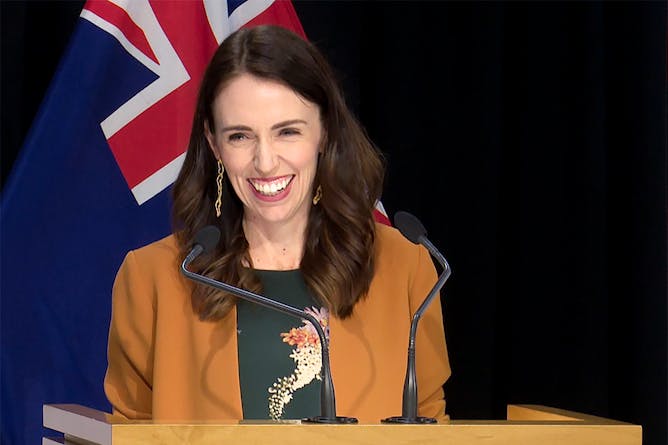
Daniel Hicks/AAP
Michael Baker, University of Otago; Nick Wilson, University of Otago
New Zealand has “eliminated” COVID-19 “for now”, Prime Minister Jacinda Ardern has declared. Two key epidemiologists who worked on NZ’s elimination strategy explain the news, and the challenges ahead.
|
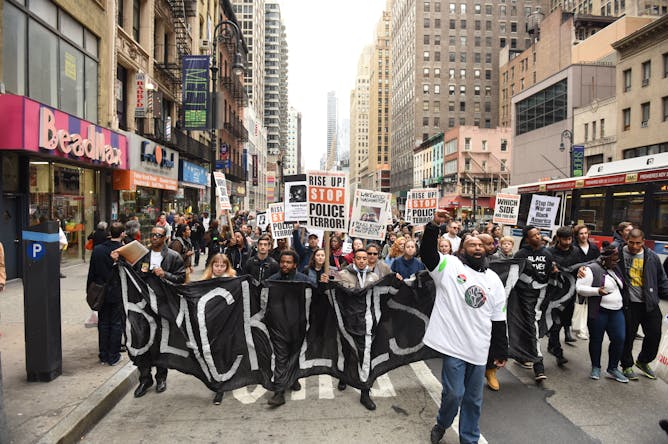
www.shutterstock.com
Katey Thom, Auckland University of Technology; Khylee Quince, Auckland University of Technology
Will police accept the challenge of ending
Māori over-representation at every stage of the criminal justice system in Aotearoa-New Zealand?
|
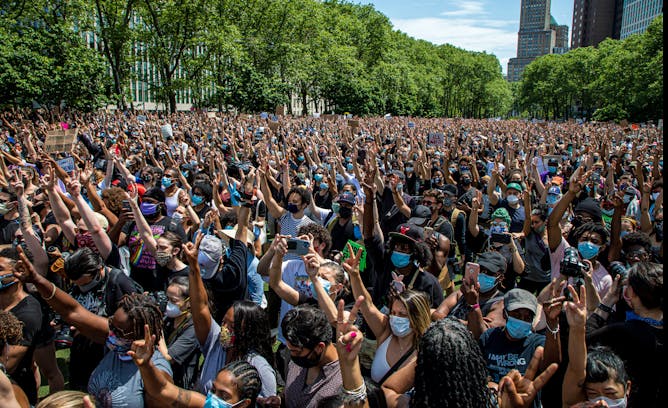
Lazzaro/Alive Coverage/Sipa USA
Liam Petterson, The Conversation
Our experts look at why people of colour are being hit harder by COVID-19, New Zealand's success in eliminating the virus, and the latest on drug trials.
|

www.shutterstock.com
Regina Scheyvens, Massey University; Apisalome Movono, Massey University
Pressure is growing to include struggling Pacific nations in an Australia-New Zealand travel bubble, but economic diversity is what the region really needs.
|
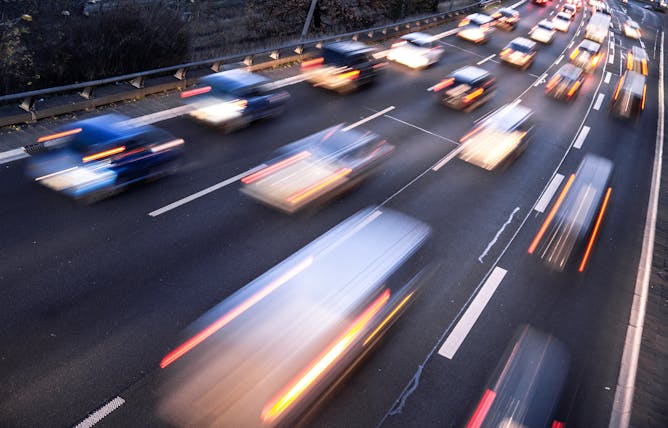
SP Photo/Shutterstock
Ralph Sims, Massey University
You can reduce your fuel consumption by 15-20% with improved driving habits alone – reducing emissions and saving money at the same time.
|
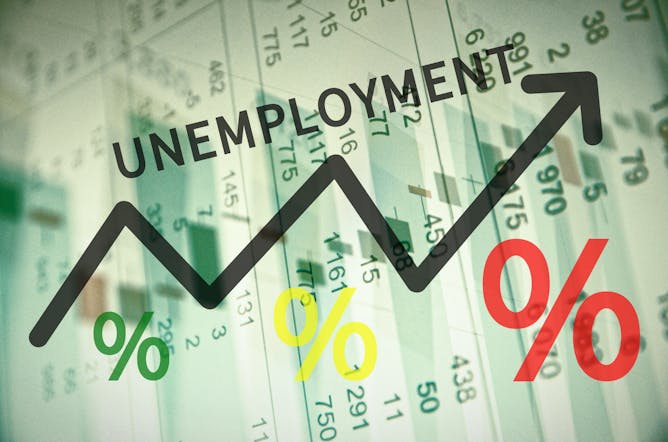
www.shutterstock.com
Michael Fletcher, Te Herenga Waka — Victoria University of Wellington
With unemployment soaring due to COVID-19, why is Jacinda Ardern's centre-left government significantly less generous towards beneficiaries than Scott Morrison's centre-right government in Australia?
|
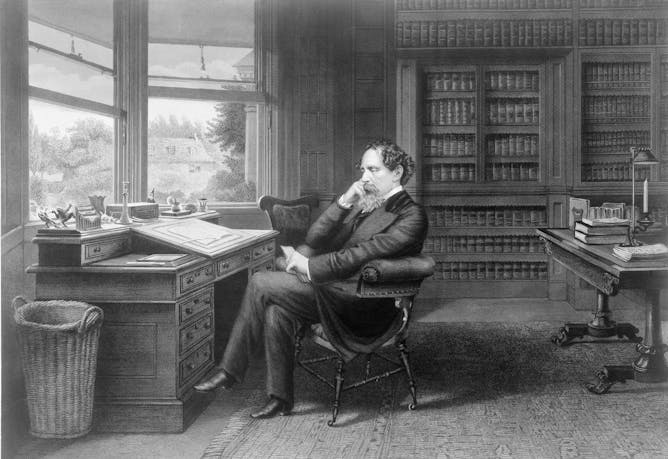
Dickens in his study at Gad’s Hill Place in Higham, Kent.
Samuel Hollyer via Shutterstock
David Amigoni, Keele University
Two sequels which show how the Victorian novelist's stories can be adapted to reflect post-colonial narratives.
|
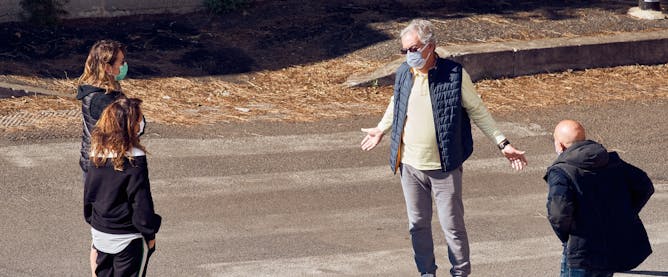
Daniele Cossu/Shutterstock
Michael Plank, University of Canterbury; Alex James, University of Canterbury; Audrey Lustig, Manaaki Whenua - Landcare Research; Nicholas Steyn; Rachelle Binny, Manaaki Whenua - Landcare Research; Shaun Hendy
There's now a 95% chance COVID-19 has been eliminated in NZ, according to our modelling. But as NZ prepares to remove limits on large gatherings, it increases the risk of a very large new outbreak.
|
From our international sections
|
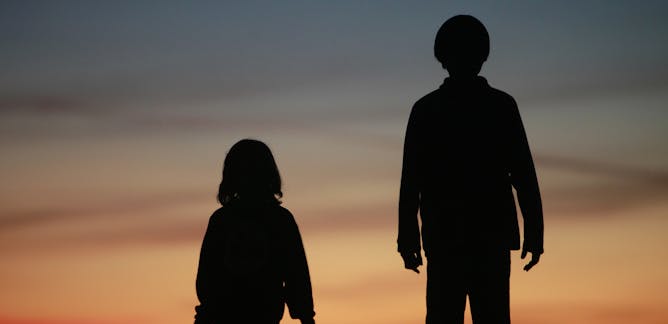
Kate Noble, Victoria University; Peter Hurley, Victoria University; Sergio Macklin, Victoria University
Governments must ensure access to preschool for all children, many of whom will have had their learning and development affected by COVID-19. It will help children recover, as well as the economy.
| |
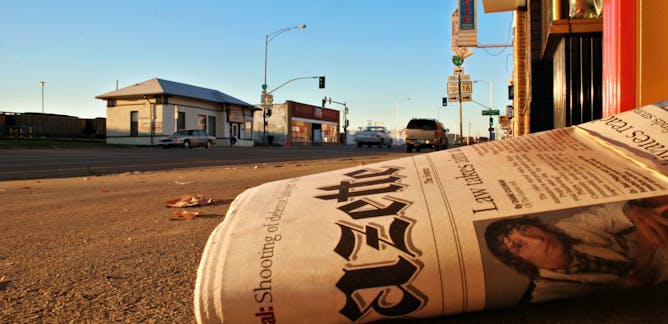
Gary Dickson, Monash University
According to the Australian Newsroom Mapping Project, there have been 200 contractions of news operations since March. But 'news deserts' were a growing problem long before coronavirus.
|
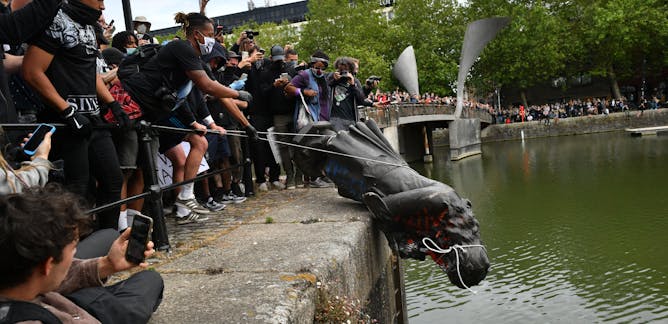
Claudine van Hensbergen, Northumbria University, Newcastle
After years of inaction by authorities, protesters have forced the point – opening a new chapter in this monument's history.
| |
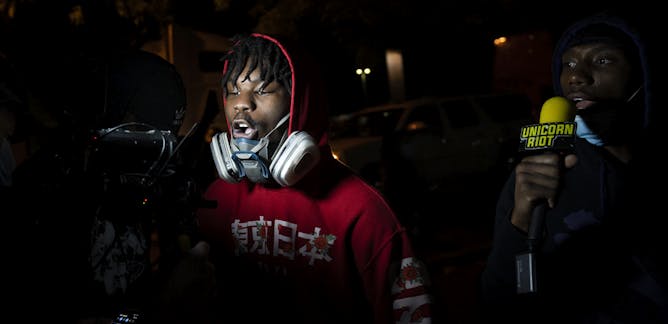
Errol Salamon, University of Minnesota
Livestreamed video coverage of protests across the country is the modern heir to decades of grassroots documentary filmmaking.
|
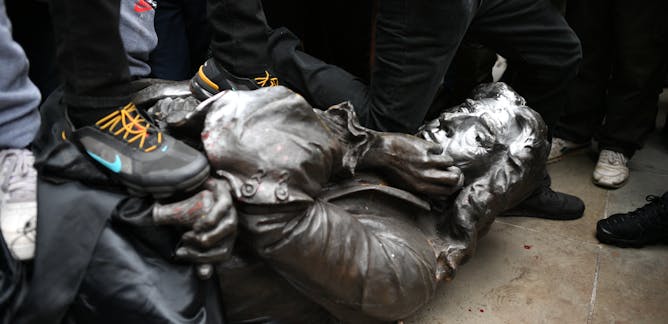
James Watts, University of Bristol
The statue was part of a push in the Victorian era to create mercantile heroes. Colston's slaving activities were conveniently glossed over.
| |
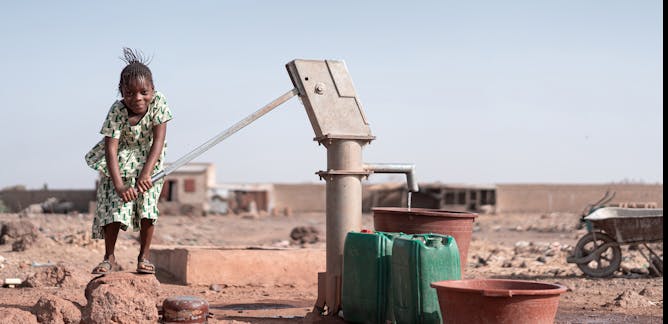
David W Graham, Newcastle University; Peter Collignon, Australian National University
Superbugs spread through the environment – and it needs urgent attention.
|
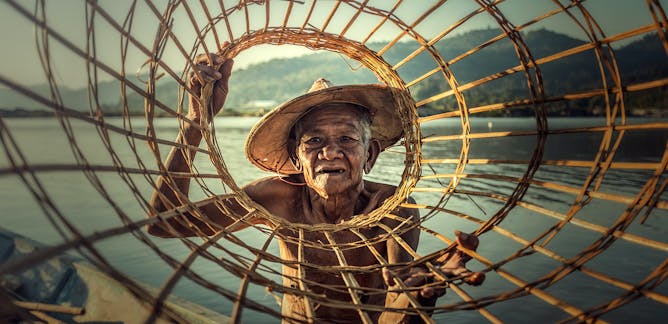
Zuzy Anna, Universitas Padjadjaran
Traditional fishers are one of the most economically vulnerable professions in Indonesia. But, my research found that they are happier than those in other professions.
| |
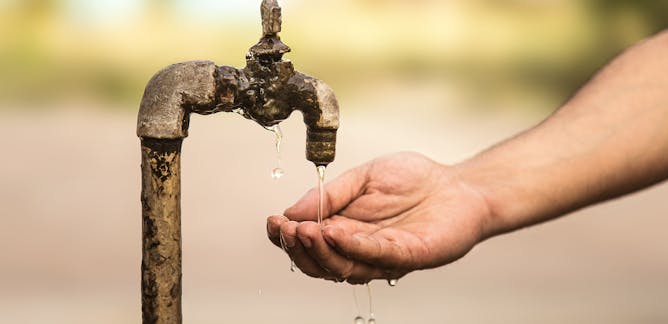
Cecilia Tortajada, National University of Singapore; Asit K. Biswas, University of Glasgow
During normal times, and even more during the present pandemic, access to clean water and proper sanitation is essential.
|
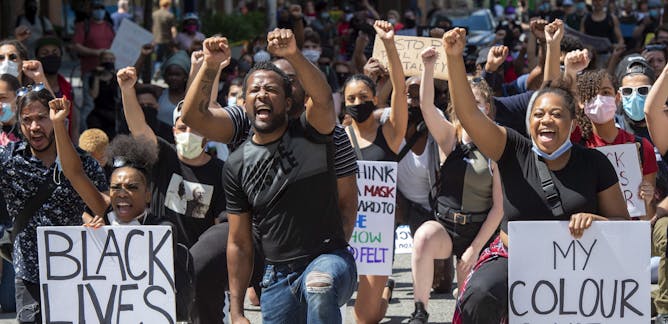
Tamari Kitossa, Brock University
There is no good police versus bad police. Police are police. They are the states' organ of repression. There are a myriad of better scenarios than the current one.
| |
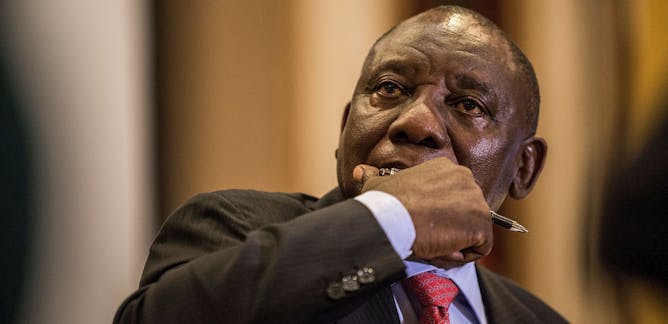
Seán Mfundza Muller, University of Johannesburg
The South African government and some of its advisors want to have the best of both worlds. They want to use incorrect predictions by early models about the COVID-19 pandemic to claim success.
|
|
|
| |
| |
| |
| |
| |
| |
|
|
|
|
|
|
|